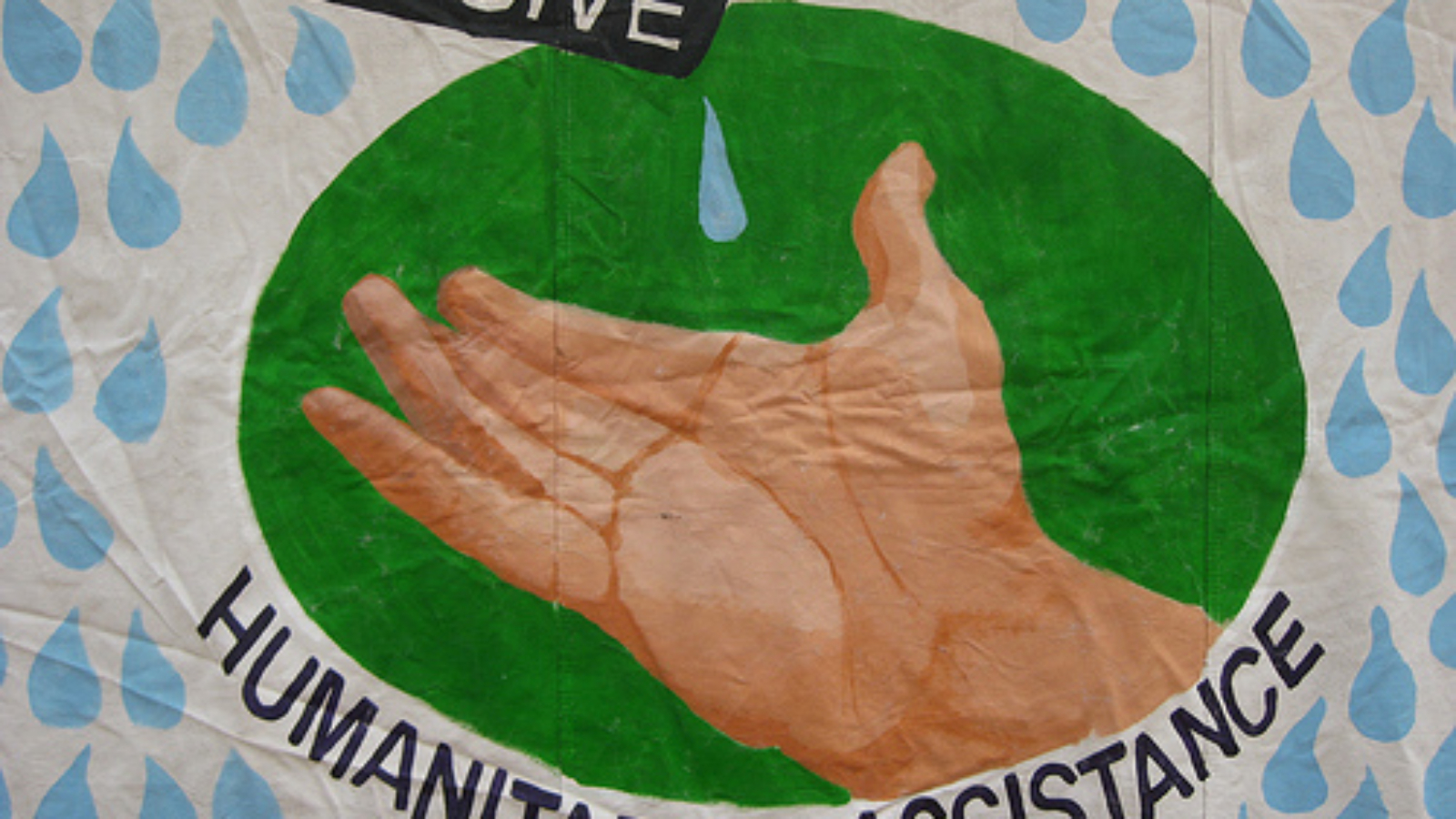By Eric Ogunleye
The negative effects of the recent global financial crisis on African countries are still very fresh in our minds. Global commodity demand fell precipitously, protectionist and restrictive trade policies soared, foreign investment shrank and foreign aid contracted, threatening the growth and poverty reduction achieved in the recent past. For instance, between 2007 and 2009, real GDP growth plummeted in percentage points from 20.3 to 0.7 (Angola), 4.8 to -3.7 (Botswana) and 6.2 to -3.7 (Madagascar). During the same period, fiscal balance excluding grants worsened from +11.5 to -4.8 (Angola), +0.8 to -4.9 (South Africa), +5.6 to -10.6 (Botswana) and +3.6 to -15.4 (Liberia). Increasing unemployment remains a major risk; South Africa lost 484,000 jobs in the third quarter of 2009 alone. The Nigerian stock exchange lost almost 70% of its value.
These were all the result of vulnerability to foreign financial resources. To reverse these negative trends and re-launch the continent on the path of sustainable recovery, deepening domestic revenue mobilization is imperative.
The need to deepen domestic tax revenue mobilization in Africa is justified for several reasons: it fortifies the existing weak governance, fiscal and capital market institutions; reduces aid dependency and provides more reliable and less volatile fiscal revenues; strengthens social contract between government and citizens, thereby reinforcing citizens’ oversight and supervision of the use of fiscal revenues. In fact, the Monterrey Consensus in Financing for Development emphasizes that aid should be provided as a short-term financing strategy while aid-dependent countries endeavor to commit to enhancing domestic revenue mobilization in the long-term.
To a great extent, foreign aid dependence has reduced the policy space available to African countries, given the common practice of aid conditionality. Aid also tends to blind some African countries to the domestic wealth potentials that could and should be harnessed for financing long-term growth and transformation. Moreover, the recent global economic crisis that forced many development partner countries to scale back on some pledged aid further demonstrates the danger of continued high dependence on this type of finance. Thus, foreign aid should be placed in its rightful position, viewed as a complement to domestic revenues and not as primary means for long-term finance.
However, most African countries face daunting challenges in their efforts to reduce foreign aid dependency and improve domestic revenue mobilization through taxes. Given the commodity export-dependent nature of these economies and limited capacity to manage them, fiscal revenues and investment are highly vulnerable and susceptible to external fluctuations and shocks thus requiring foreign aid to smooth revenues. Most countries are also characterized by large informal sectors that are hard to tax, employing over 90% of total labor in some cases. Poor infrastructure continues to increase the cost of doing business.
Further, in some countries, starting a business can be a tedious and costly affair. For instance in Cameroon, it costs 33% of the value of a property to register such property and requires approximately 174 days to start a business. These deter investment and thus potential tax revenues. For many resource rich economies, weak capacity – especially poor negotiating skills with resource extraction firms – means that potential revenues are not realized from contracts. Underdeveloped domestic financial sectors limit what can be raised in the local debt market. Sometimes, lack of political will due to perceived accountability problems undermines the moral justification for tax drives by some governments.
To overcome these challenges, urgent policy actions are needed. One, enhance political commitment in designing and implementing domestic revenue mobilization strategies in national, sub-regional and regional domestic tax accountability systems. Two, develop local capacity in all facets of domestic revenue collection and management. Three, intensify tax reforms that focus on reducing complications associated with tax assessment and collection and broaden the tax base to include the hard-to-tax informal sectors. Four, move away from regimes of tax exemptions, concessions and holidays as these incentives tend to attract short-term investments and encourage tax fraud and tax avoidance through use of transfer pricing. Five, promote harmonization of tax policy and procedures to help avoid double taxation, especially for countries in the same regional and economic blocs. Six, experiment with incentive mechanisms to encourage trustworthy tax collectors, tax bureaucrats and institutions and ensure enforcements of specified punishments for tax offenders, both collectors and payers.
The success story of Lesotho, though a small economy, with a rise in tax revenue as percentage of GDP from 37.4% in 1990 to 57.5% in 2006, demonstrates that improved domestic tax revenue mobilization is not impossible in Africa.
This article is cross-posted through a special collaboration agreement between the World Policy and Triple Crisis blogs. Triple Crisis aims to provide fresh insights on current debates from an unprecedented network of economic analysts from eleven countries, generating a dialogue that will influence policy-makers and the broader public.
Photo from Flickr, via futureatlas.com
